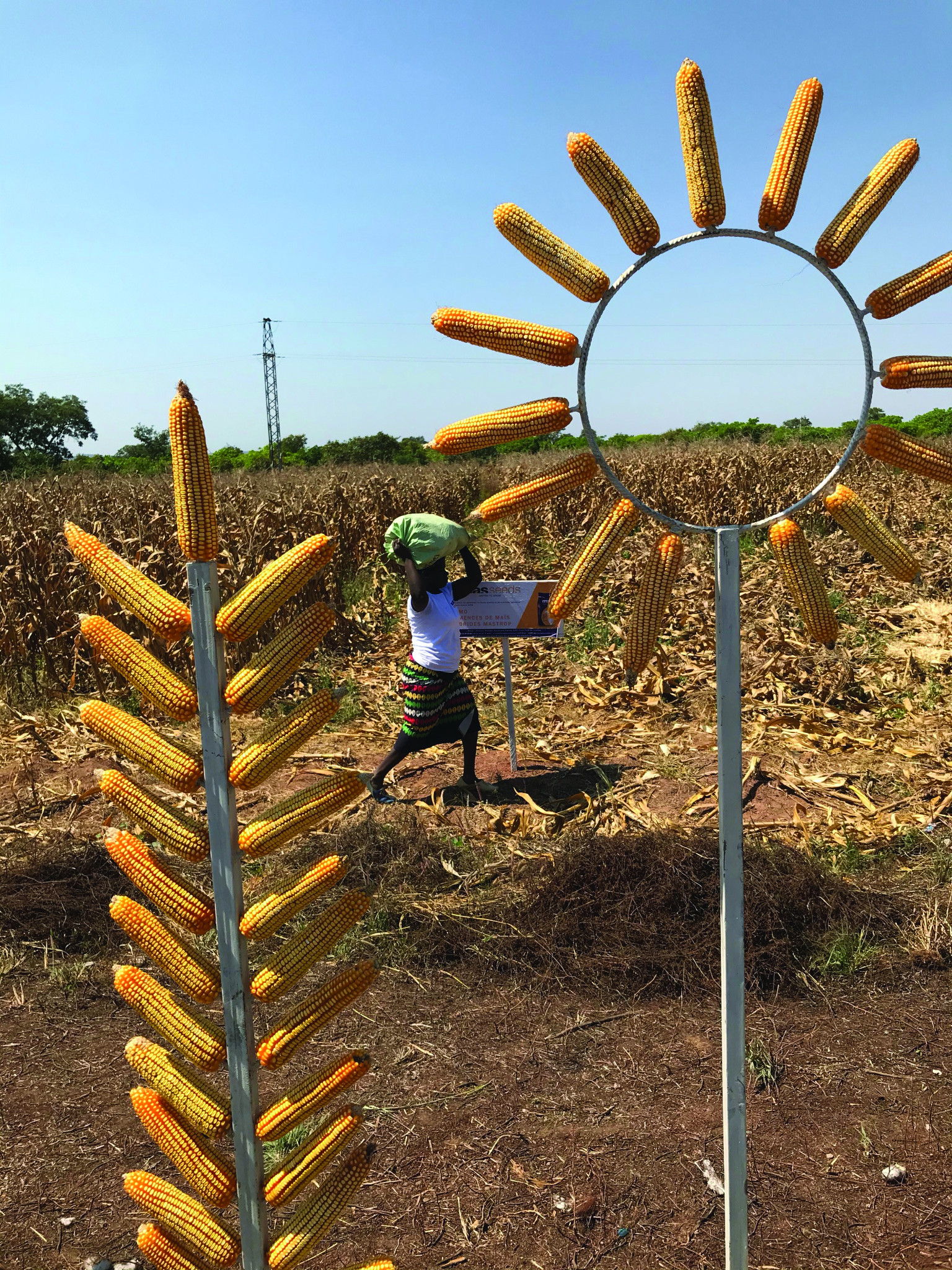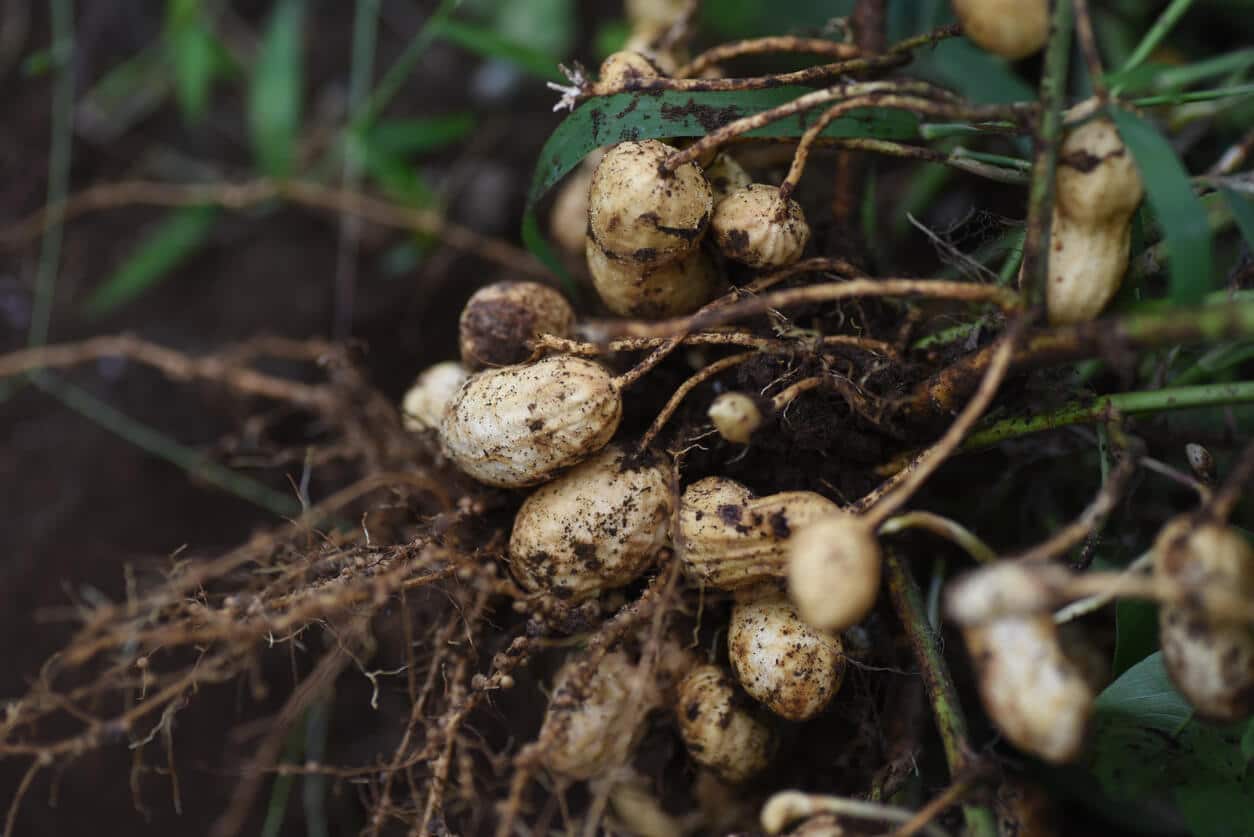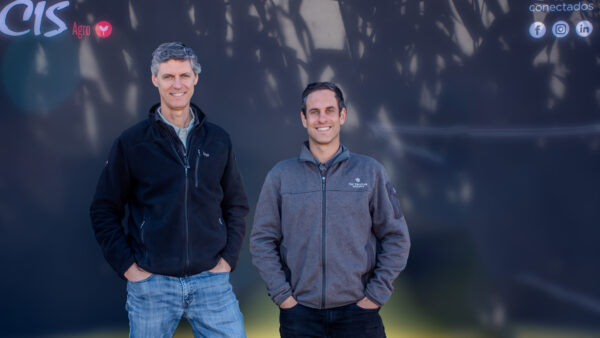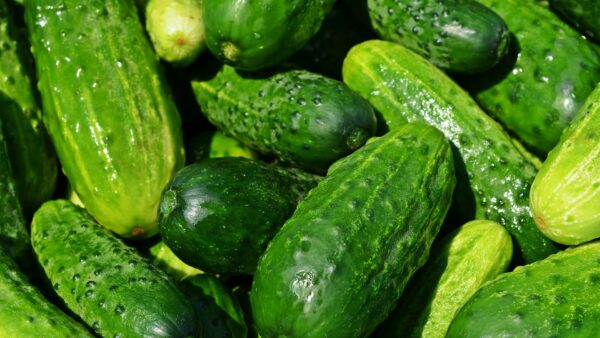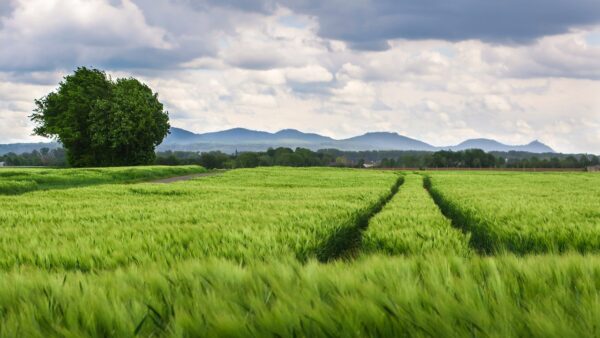MAS Seed Expands to provide farmers with more stable crops and food supplies
In developed countries, it can be difficult to imagine what true food insecurity looks like. It’s more than just wondering if you’ll have the money to put food on the table – it’s struggling to find food to buy at all. Countries in many parts of Africa struggle with food insecurity on a daily basis, something one company strives to correct.
“We have to bring new innovation to help Western Africans develop food and agricultural products,” says Songalo Ouattara, country manager for MAS Seeds. “Seed is the key to innovation, that’s why we’re expanding our activities in Africa.”
Situated on the Ivory Coast in West Africa, Outtara is leading MAS Seeds new venture on the continent. Farmers in many countries in Africa are using seed technologies and production practices that are decades old and falling sharply behind in food production.
Seeds of Purpose
The seed found in many regions of Africa are not only older cultivars, but they’re also often in poor condition. This makes already lowered yield potential worse as germination is the first attribute sacrificed in poor quality seeds.
“Many of the farmers in that area are using saved seed, which presents big challenges to preserve germination,” says Denis Villenave, new markets and licensing director at MAS Seeds. “It’s a huge issue because the way the seed is stored does not put it in good condition to be planted.”
Because of this, and lower overall yield potential, their average yield is only two tons per acre, according to the Food and Agriculture Organization statistics. The continent has great potential to boost yields overall.
“The market is demanding quick improvement,” Villenave adds. “We screen tropical germplasm from partners to build up a portfolio tested in field trials – not a lab.”
MAS Seeds’ teams are catering tolerances to insects, diseases and other pests to local areas, too, while keeping regulatory restrictions in mind. For example, none of the maize in Western African countries is transgenic.
Another commitment the team is making in Africa is to provide high quality seeds, which will provide marked improvement over saved-seed or other less than desirable conditioned crops. Higher seed quality aids in better germination, early season vigor and overall crop viability for farmers.
Bridging the Educational Divide
Fertilizer, pest control, seeding rates and mechanical planting might seem like a tired group of conversations to many in the U.S., but it’s critical in African countries. Many farmers are limited by what they don’t know when it comes to boosting yields through smart management practices.
“MAS Seeds is coming into Africa as a teammate to farmers,” Ouattara says. “We’re in touch with farmers as a technical team and we’re even hosting business schools to show them that agriculture is a business and can be a successful one. We’re teaching farmers that together we can make a difference.”
The team is teaching farmers not only how to use fertilizer and control pests, but connecting them with markets and helping them locate funds from government programs and other grants to improve their production. Much of this training is informal, but MAS Seeds is planning an online event in September to provide more structured instruction.
“We’re inviting speakers from the area to talk about the issues they’re facing locally and what they’re doing to solve these issues,” Villenave says. Common challenges include access to seed, product delivery, seed quality, financing and access to markets.
Ultimately, MAS Seeds is there for farmers in Western Africa. They need access to higher quality seed, better genetics and information that helps them farm better. By partnering with these growers, the company is setting the stage for better production, increased market opportunity and higher food security for the region as a whole.


